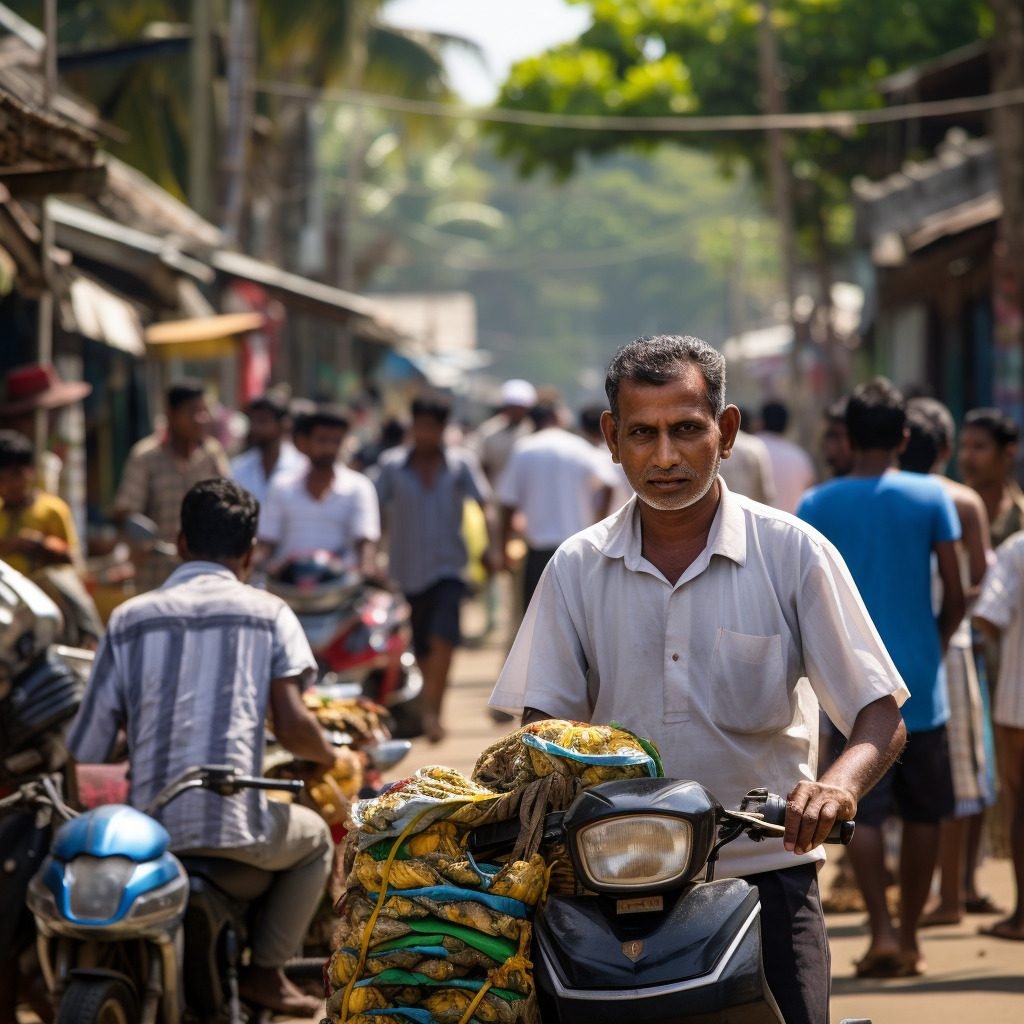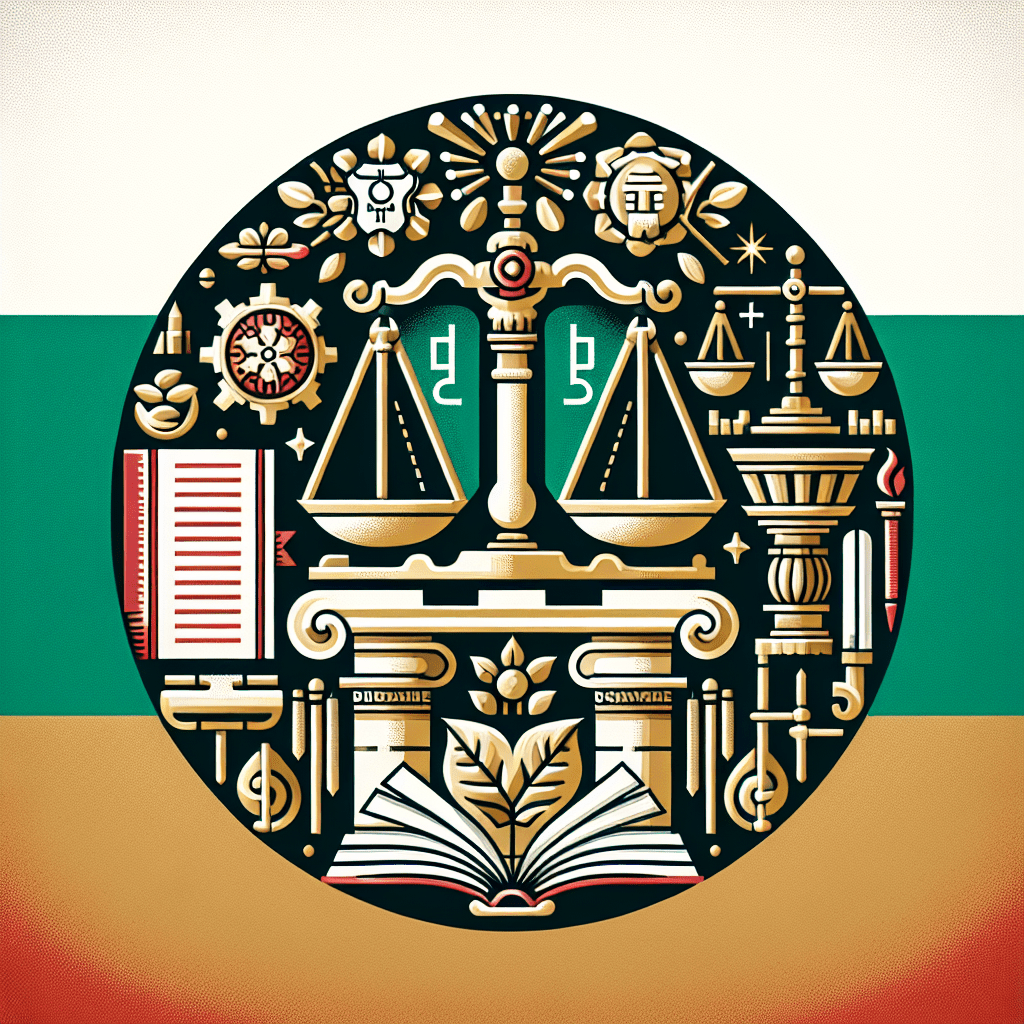Cultural Norms in Sri Lanka: A Guide for Travelers
Introduction
As avid travelers, we can attest to the fact that exploring different countries and immersing ourselves in new cultures is one of the most fulfilling experiences one can have. However, it is crucial to remember that along with the excitement of travel comes the responsibility of respecting and adhering to the rules and cultural norms of the countries we visit. One such country with a rich cultural heritage and specific customs is Sri Lanka. In this article, we will delve into the key elements of the rules and cultural norms that travelers should be aware of when visiting this beautiful island nation.
Key Elements
Element 1: Dress Code and Modesty
When traveling to Sri Lanka, it is essential to dress modestly and respectfully, particularly when visiting religious sites. Both men and women should avoid wearing revealing clothing such as shorts, sleeveless tops, and miniskirts. It is recommended to cover your shoulders and knees, especially when entering temples and other sacred places. Following this cultural norm demonstrates your respect for the local customs and traditions.
Element 2: Greetings and Etiquette
Sri Lankans are known for their warm and welcoming nature. When greeting someone, it is customary to join your hands together in a prayer-like gesture, known as “Ayubowan.” This gesture is accompanied by a slight nod of the head. It is also common to address people using their titles (Mr., Mrs., or Miss) followed by their last name. Taking the time to learn a few basic greetings and practicing them during your stay will be greatly appreciated by the locals.
Element 3: Religious Practices and Customs
Buddhism, Hinduism, Islam, and Christianity are the major religions practiced in Sri Lanka. Being a predominantly Buddhist country, it is crucial to respect and understand Buddhist customs and practices. When entering temples, remember to remove your shoes and hats, and dress modestly as mentioned earlier. It is customary to also remove your footwear when entering homes or certain establishments. Additionally, when in the presence of Buddhist monks, maintain a respectful distance and avoid physical contact.
Element 4: Cultural Sensitivity and Etiquette
Sri Lankans value harmony and politeness in their interactions. It is essential to remain calm, composed, and avoid confrontations or raising your voice, as it is considered impolite. Non-verbal communication, such as placing your right hand over your heart, can convey sincerity and respect. Refrain from displaying overt affection in public, as it is viewed as inappropriate. It is also important to remember that pointing at someone with your finger is considered rude, so it is best to use an open hand gesture when indicating or gesturing towards someone.
Element 5: Transportation and Road Rules
When it comes to transportation, be aware that traffic follows a British-style system of driving on the left side of the road. It is advisable to exercise caution when crossing the streets, as traffic can be chaotic in some areas. In major cities like Colombo, it might be more convenient to hire a registered taxi or make use of reliable transportation services. Additionally, be prepared for occasional delays due to traffic congestion, especially during peak hours.
Tips for Traveling
- Research and Plan Ahead: Before embarking on your journey to Sri Lanka, familiarize yourself with the local customs, laws, and rules of the country. It is also advised to research the areas you plan to visit and understand any specific regulations or prohibited activities in those regions.
Learn Some Key Phrases: While English is widely spoken in Sri Lanka, locals appreciate it when visitors make an effort to speak a few basic words in the local language, Sinhala. Learning greetings, thank you, and please will surely earn you smiles and gratitude from the locals.
Be Mindful of Personal Belongings: Keep your valuables, such as passports, cash, and electronics, secure at all times. Avoid displaying expensive jewelry or carrying large amounts of cash. It is advisable to use hotel safes or secure lockers whenever possible.
Stay Informed About Safety: Stay updated on travel advisories and government websites for any safety concerns or alerts. As with any destination, it is always wise to take precautions and remain vigilant, especially in crowded places or tourist areas.
Respect the Environment: Sri Lanka is blessed with stunning natural landscapes. As responsible travelers, it is crucial to help preserve the environment by disposing of waste properly, avoiding littering, and supporting eco-friendly practices whenever possible.
Please note that while this article aims to provide valuable insights, it is always essential to seek professional advice and refer to official laws and guidelines when traveling to a foreign country.
As you embark on your journey to Sri Lanka, remember that by respecting and following the local rules and cultural norms, you are not only ensuring a smooth and enjoyable trip for yourself but also contributing to positive interactions with the local community. Enjoy your travels and immerse yourself in the beauty and charm that Sri Lanka has to offer!



